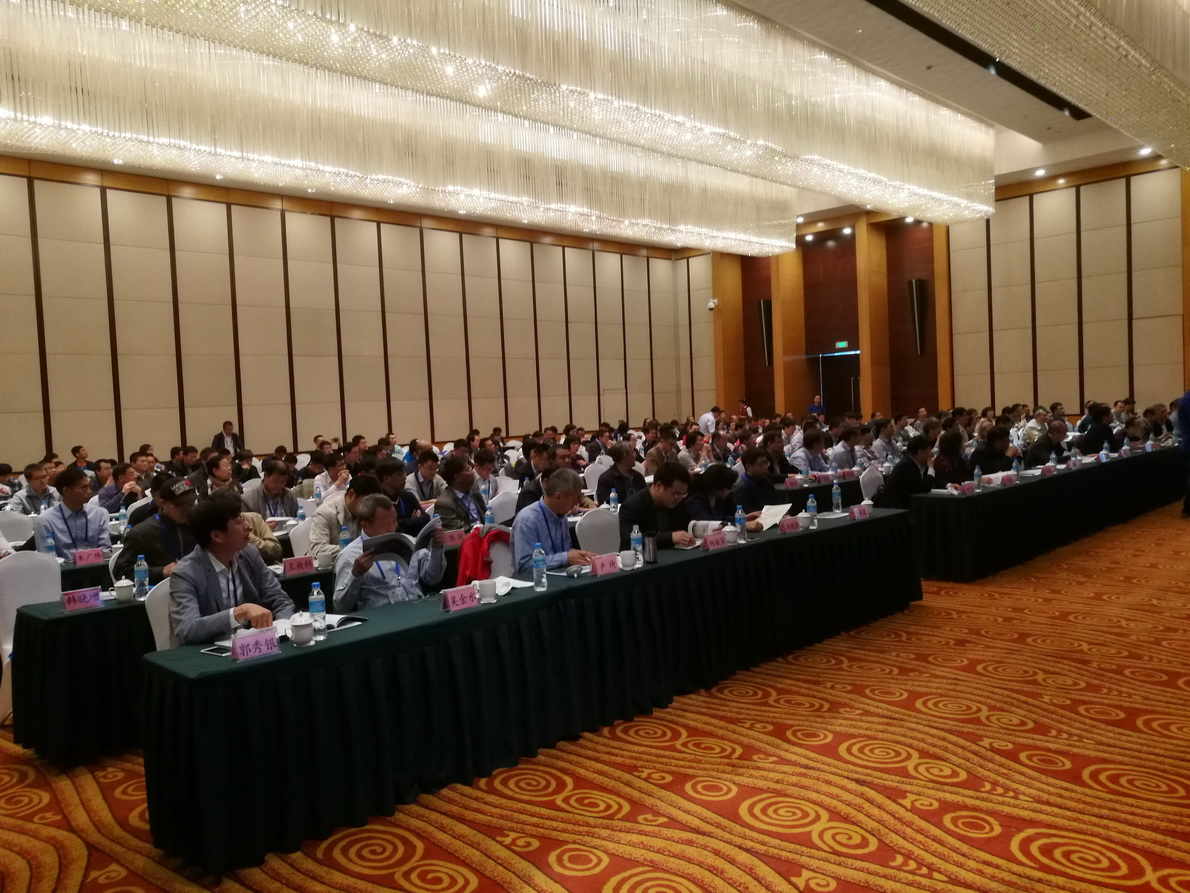The 23rd Meeting of the Chinese Ecosystem Research Network (CERN) was held in Shenyang from September 28 to October 1, with attendance of representatives from its 6 division centers and 44 field research stations for various ecosystems. 10 ecologists are honored with the CERN for Contribution to Science and Technology. Prof. Zhang Yiping of Xishuangbanna Tropical Botanical Garden (XTBG) is one of the 10award winners.
CAS vice president Zhang Yaping and Academician Sun Honglie awarded certificates to the 10 honor winners.
ABOUT
The Chinese Ecosystem Research Network (CERN) was established in 1988 under the auspices of the Chinese government and the World Bank Loan. Through years of effort, it is now well placed to address important issues, serving as a functional network to meet the needs of both the national and international ecological research.
The Mission of CERN is to promote ecosystem conservation and improvement, environmental quality enhancement and agricultural development, and to advance the studies in ecology and related inter-disciplines. Its mandate includes monitoring, research and demonstration on typical ecosystems in China.
CERN consists of 44 field research stations for various ecosystems, including agriculture, forestry, grassland and waterbody, five disciplinary centers and one synthesis center. All the CERN stations engage in monitoring work, research, experiment and demonstration, while the disciplinary centers are responsible for the calibration of monitoring instruments and data quality control. The synthesis center has the function of data exchange engine and inter-disciplinary research. For years, through its long-term monitoring, research and experiment, demonstration and extension, it has served as an important facility to control desertification, soil erosion, salinization, and eutrophication.
CERN website: http://www.cern.ac.cn/0index/index.asp
CERN work meeting 2016
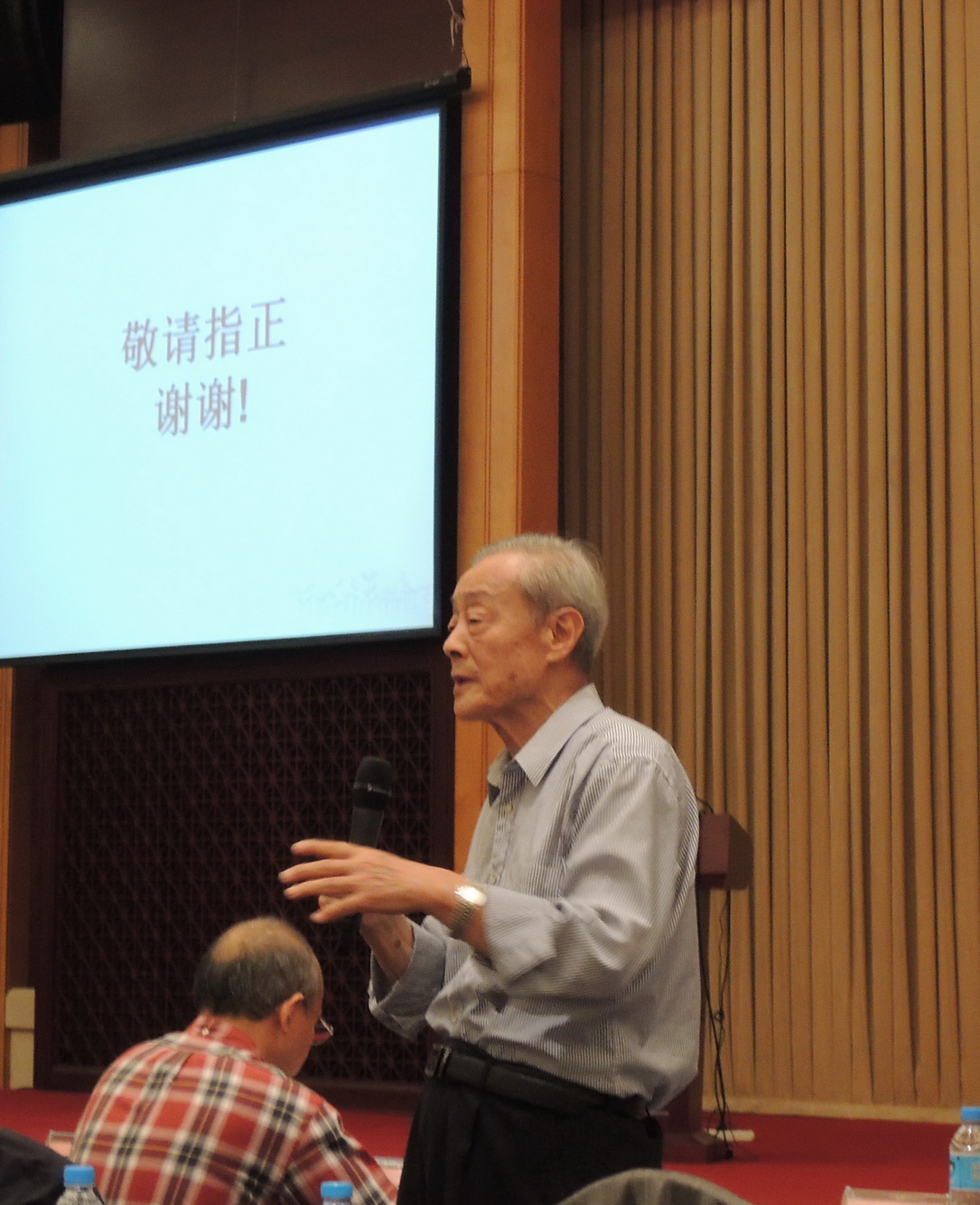
Academician Sun Honglie speaks
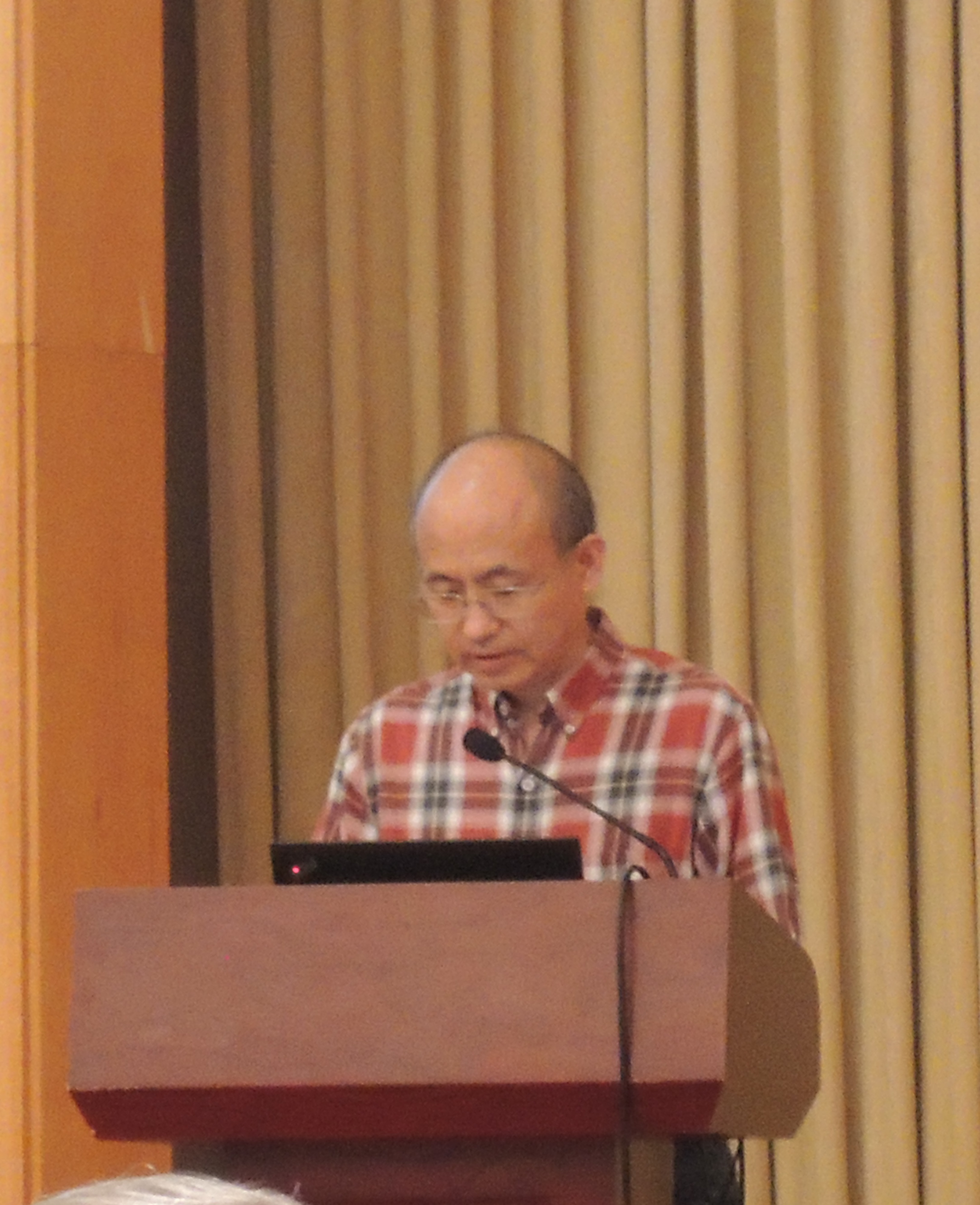
CAS vice president Zhang Yaping speaks
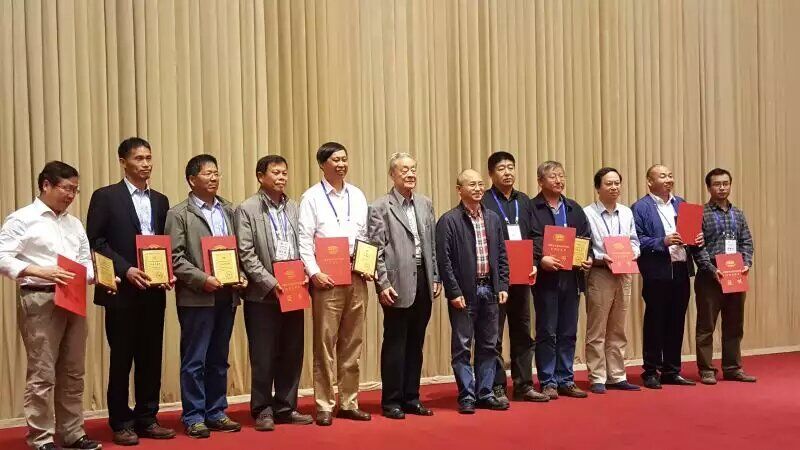
Award winners
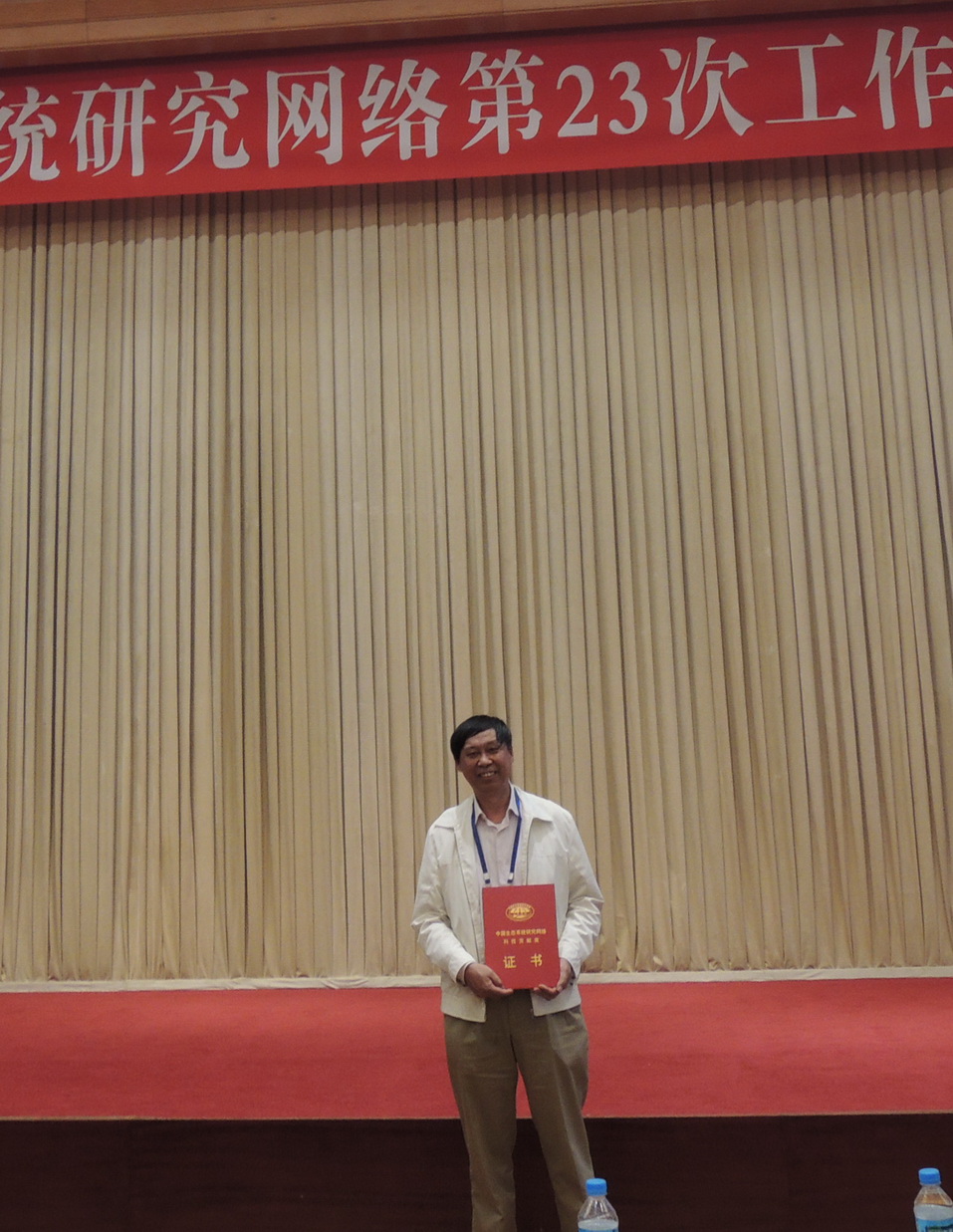
Prof. Zhang Yiping
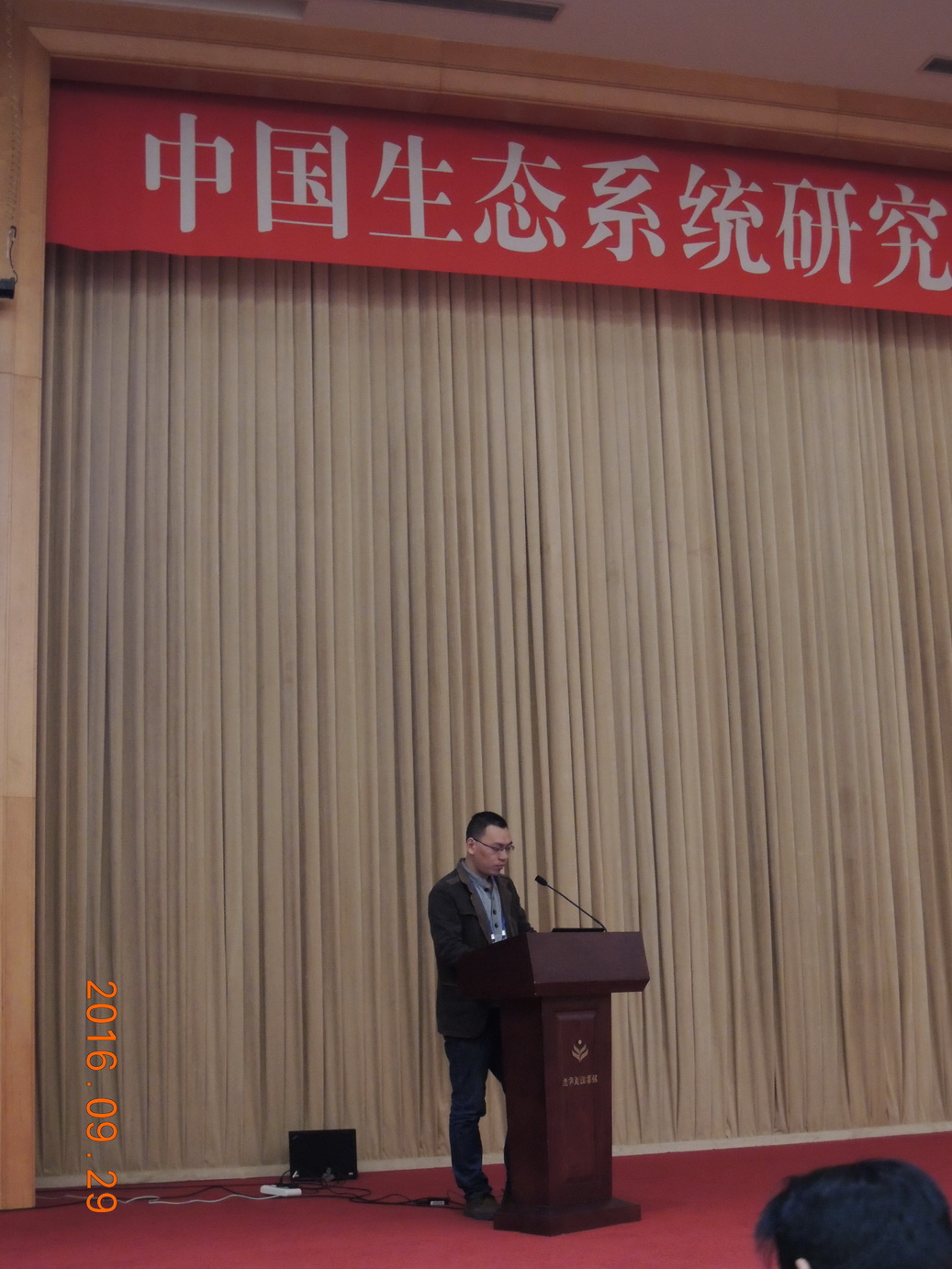
Dr. Li Su represents his research work
